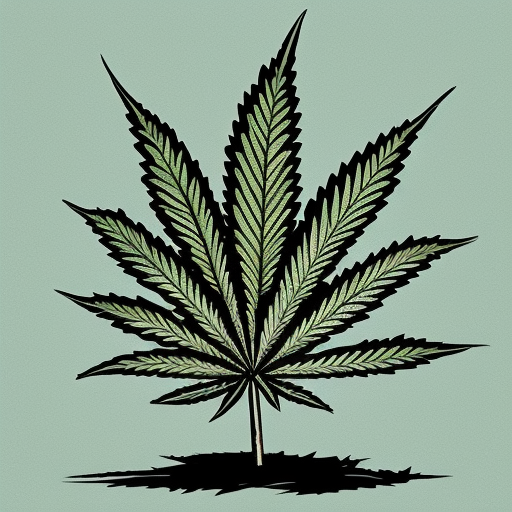
Yo, what’s good? It’s your boy Dan, and today I’m here to talk about something that could change the game for people living with disabilities. That’s right, we’re talking about cannabis. You might be thinking, “why would weed help someone with a disability?” Well, let me tell you, everyone has an endocannabinoid system, even people with disabilities. And medical marijuana has already been proven to help children with epilepsy, like Charlotte Figi.
But now, researchers are looking into how cannabis could improve the quality of life for people with all kinds of disabilities. We’re talking autism, Down syndrome, cerebral palsy, and more. And the results are pretty groundbreaking.
Let’s start with Down syndrome. This affects 1 out of every 700 to 1,000 people, so chances are you know someone who has it. The most troublesome symptoms of Down syndrome are intellectual disabilities, including memory impairment and learning deficits. But scientists think that cannabis could help by down-regulating CB1 activity in the hippocampus. See, people with Down syndrome have too many CB1 receptors that are overactive. This damages the connecting neurons and leads to cognitive impairment.
But if we supplement low doses of cannabis, we can keep those CB1 and CB2 receptors busy and protect neurons. Plus, it can break down the plaques in the brain that are associated with Alzheimer’s. And since high levels of FAAH suggest a chronically starved endocannabinoid system, cannabis could reduce excess FAAH levels too. It’s not a cure, but it’s definitely worth exploring.
Next up is autism. This affects about 1 in 100 children and is even more prevalent than Down syndrome. People with autism are usually very intelligent but have trouble connecting with others or understanding social norms. As a result, they can experience high levels of hostility or anxiety that make it hard to live a normal life. But some experts think that autism might be caused by a genetic mutation that causes chronically low levels of natural endocannabinoids in the human brain.
That’s where cannabis comes in. THC and CBD found in cannabis share a similar structure with the cannabinoids the body creates naturally. So supplementation could help. The Autism Research Institute has already given small, safe doses of cannabis to people with autism in a controlled setting. And many participants saw a significant decrease in anxiety, hostility, and self-destructive behavior. Plus, there are anecdotes about how raw cannabis can help with mood swings and aggression.
Muscular dystrophy affects about 1 in every 5,000 people and involves a progressive weakening in the muscles that’s accompanied by severe pain and involuntary muscle spasms. There’s no cure for it yet, but cannabis helps by activating the CB1 and CB2 receptors in the human endocannabinoid system. This reduces pain, including neuropathic pain, and relieves muscle spasms.
Cerebral palsy is a group of neurological disorders that affect the patient’s muscle tone, coordination, and ability to move. It’s a debilitating disease that usually progresses to the point where people who suffer from it lose their ability to walk or care for themselves. Patients also experience seizures and chronic pain. But cannabis has been found to help reduce seizures, muscle spasms, and pain for people with cerebral palsy.
Alzheimer’s is a scary disease that affects nearly 44 million people worldwide. It’s not curable, but cannabis may be able to help prevent it in addition to treating symptoms. The buildup of amyloid plaques in the brain and the associated inflammation are thought to be the biggest contributing factors for developing this brain disease. Ongoing studies are testing THC and CBD to see if they can confer any protection against these troublesome proteins.
So there you have it, folks. Cannabis offers real medical benefits for people with disabilities. Of course, more research is needed, and it may not work for every patient or every condition. But we’re making progress, and that’s exciting. If you or a loved one live with a disability and would like to see if cannabis can help, only do so if you’re in an area where it’s legal. And always start off with the smallest dose possible until you know how cannabis affects you. Peace out!



Aight, hear me out. Weed can really help some folks with disabilities, for real. It ease up pain and anxiety, make life a lil more manageable. But like anything, gotta use it responsibly. Not a one-size-fits-all kinda thing, ya feel me?
Yo, I think weed can really help some folks with disabilities. It chill out the pain and help with them bad feelings. We gotta keep it real and see what work for each person. Everybody different, you feel me?